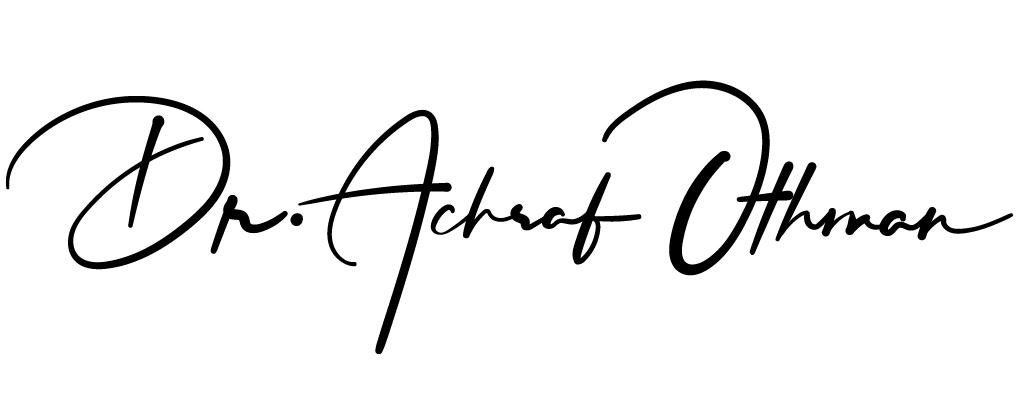According to the World Health Organization, 1 billion individuals, or 15% of the world population, are considered to have disabilities that exclude them from education and the workplace, weaken their potential to connect and communicate effectively, and limit their ability for independent living. With the shift to online living, more barriers arise and the need for inclusiveness and accessibility is stronger than ever.
Through the advancement of assistive technologies (AT), new possibilities have opened up to overcome barriers to basic living activities. Artificial Intelligence (AI) plays a crucial role in the development of assistive technologies, enhancing an inclusive user experience and removing barriers. AI advances such as predictive text, visual recognition, and speech-to-text transcription are already showing enormous potential for helping people with vision, hearing, cognitive, learning, mobility disabilities – as well as a range of mental health conditions.
For this purpose and marking the tenth Global Accessibility Awareness Day (GAAD), the Talal and Madiha Zein AUB Innovation Park, in collaboration with the Maroun Semaan Faculty of Engineering and Architecture and the Faculty of Arts and Sciences at AUB and Beirut Digital District (BDD), is organizing the AI for Accessibility Hackathon 2021. This competition is aimed at rallying talents and fostering the regional development of the innovative entrepreneurship community related to artificial intelligence, while also increasing social inclusiveness.
For this event, I was invited to join the judging committee to represent Mada Center, Qatar, and to introduce the Mada Innovation Program.
Before talking in deep about the event, I would like to thank you in particular Maha Zouwayhed, IT Business Development Manager and Accessibility Advocate, for her commitment during the event and also all mentors, judging members, and future entrepreneurs. Without them, the hackathon couldn’t reach such a success.
The judging team was composed by:
- Dr. Achraf Othman, Head of ICT Access and Innovation, Mada Center, Qatar
- Aly Harakeh, Educational Marketing Manager, Microsoft for Startups Middle East
- Mohamed Nassar, Assistant Professor, American University of Beirut
- Mouhamad Rabah, President, Beirut Digital District
- Patrick Kazan, Chief Executive Officer, Cybertech S.A.L

Here were the most important dates:
- May 24 Kickoff and Orientation Event
- June 4 Application Deadline for the Hackathon
- June 17, 18 Capacity Building
- June 20 Video Pitch Submission Deadline
- June 26 Hackathon and Finals Ceremony
Four winners got $2,500 each, in addition to receiving incubation at Zein AUB iPark, and one innovation will be selected to be awarded another $10,000 by AUB’s Faculty of Arts and Sciences to continue the product development.
And the 4 winners were:
⏭️ Wheely Wheel (Karen Kordeb): presents a revolutionary map that offers people with disabilities the space to navigate places that are accessible to them based on their disability type.
 ⏭️ Asherli (Abdelrahman Abozied): proposed an AI model that can automatically translate the Arabic Sign Language to text with the goal of offering those with hearing impairments a change for their independent living. The team was mentored by Zainab AlMeraj Ph.D..
⏭️ Asherli (Abdelrahman Abozied): proposed an AI model that can automatically translate the Arabic Sign Language to text with the goal of offering those with hearing impairments a change for their independent living. The team was mentored by Zainab AlMeraj Ph.D..

⏭️ The Glens: proposed a prosthetic hand with autonomous action capabilities. The hand includes a camera that uses computer vision object detection algorithms.

⏭️ Reach-up: deliver online teaching to students with cognitive disabilities from the safety of their home while monitoring their progress through an AI platform configured and adapted learning.

Here the final ceremony streaming:
Photo credits and References:
- https://www.aub.edu.lb/articles/Pages/AI_for_Accessibility.aspx
- https://www.linkedin.com/in/karen-kordab-28385317b/
- https://www.linkedin.com/feed/update/urn%3Ali%3Aactivity%3A6814430141431726080/


